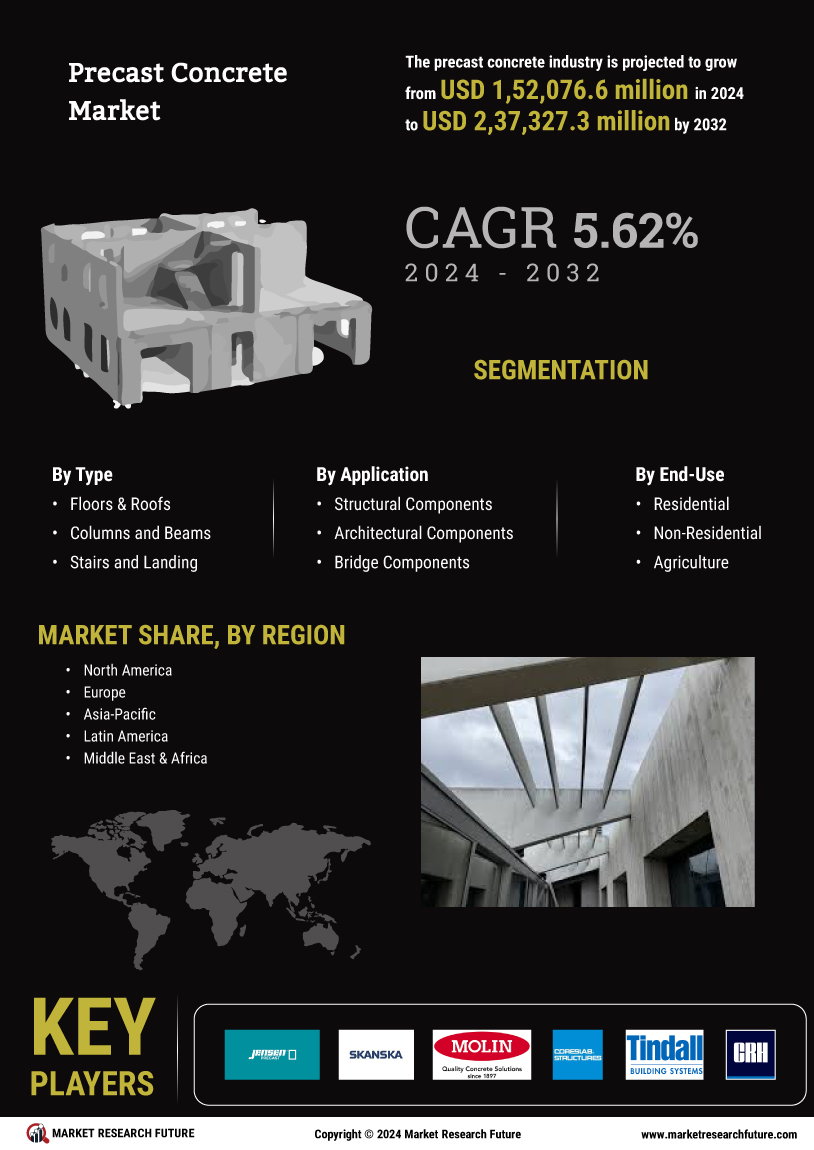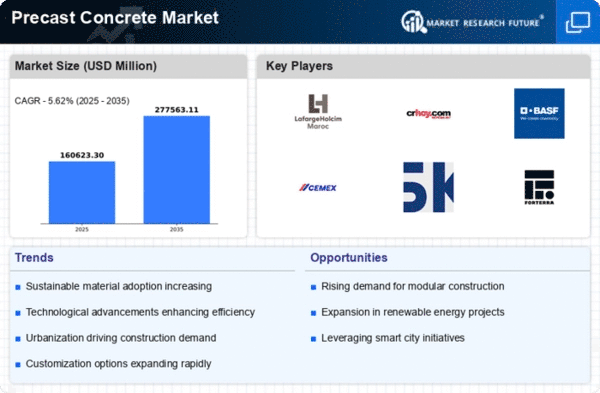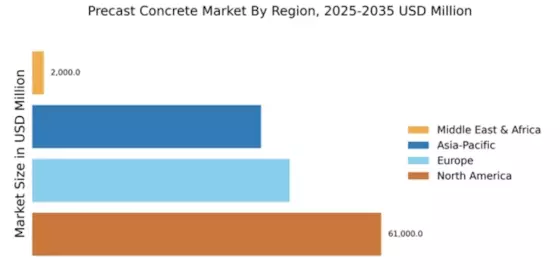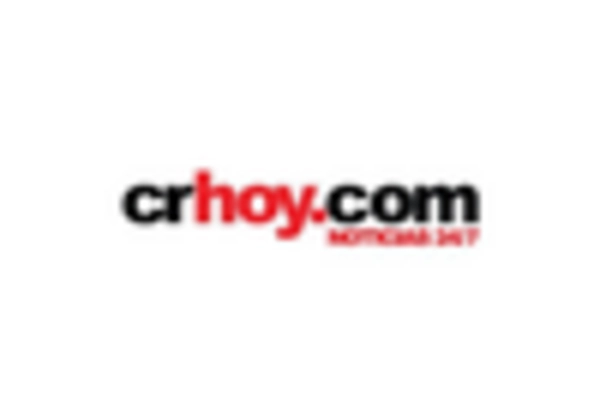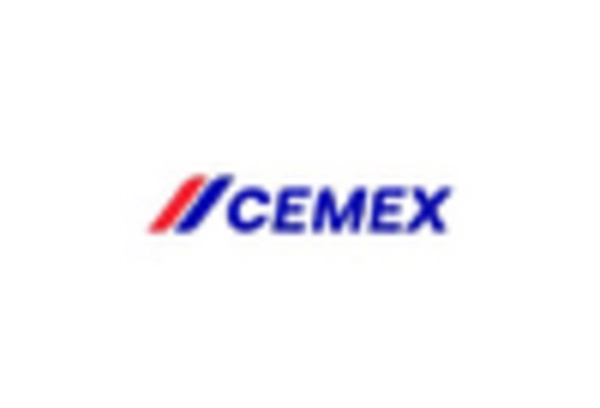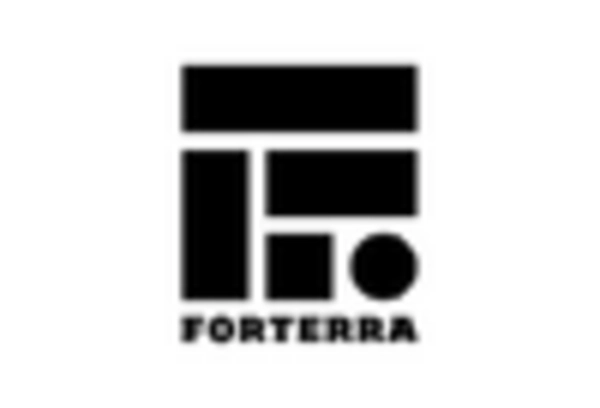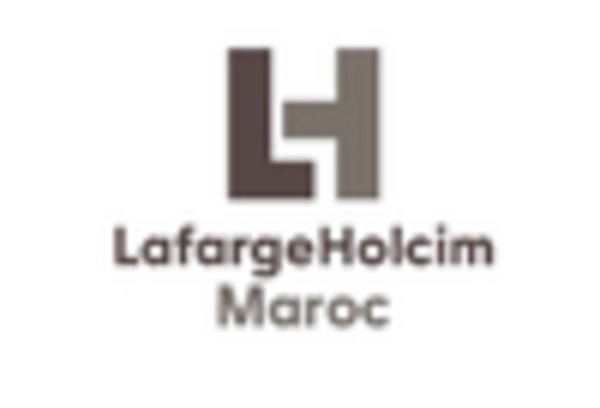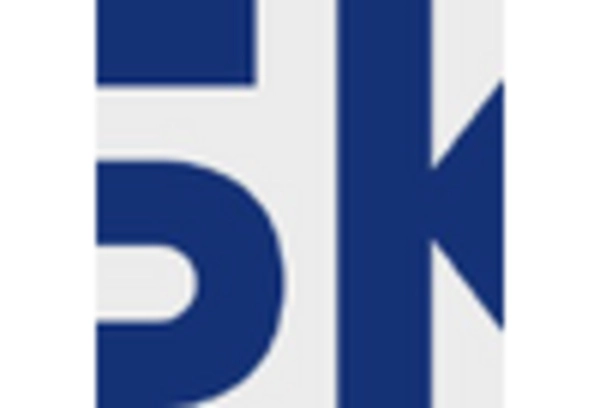Research Methodology on Precast Concrete Market
The research methodology adopted by Market Research Future (MRFR) in the research report on the global Precast Concrete market comprises both primary as well as secondary research. The primary research comprises in-depth interviews with various industry experts, vendors, resellers and customers. The secondary research involves extensive exploring through the available reports and statistical data published by industry associations, journals, government agencies and regulatory bodies, among other sources.
Primary Research
Primary research involves extensive interviews with industry experts and key opinion leaders (KOLs). MRFR conducted interviews with C-level executives, directors, sales & marketing heads, and developers from various industries, who provided information regarding the Precast Concrete market, such as trends, intents, wants, growth prospects, market opportunities and competitive environment.
Further, primary research involves in-depth explorations by the MRFR team for researching & gathering supportive qualitative and quantitative data from industry experts; decision-makers, SMEs and consultants. Also, the primary research includes gathering current market intelligence from the market, analyzing customer preferences & demand, and getting an exhaustive understanding of the market performance, and market size & trends.
Secondary Research
Secondary research involves both internal as well as external sources. MRFR conducts secondary research to obtain data from sources such as trade journals, relevant patent and regulatory databases, paid sources and industry associations.
The secondary research process includes iterative triangulation of the collected data and was demonstrated with detailed diagrams formed using an exploratory method of analysing the collected data.
MRFR also used the in-house database and other secondary sources of information to identify the trends and key players in the Precast Concrete market. The sources of data obtained through secondary research are carefully considered.
Data Analytics and Modelling
MRFR used its in-house proprietary models to analyze the collected data. MRFR’s internal models point to the fact that the Precast Concrete market is expected to remain progressive in leading geographies.
MRFR has also applied various models, role-play methods, statistical methods, visual and graphical simulations, etc. to analyze the collected data. Moreover, MRFR also deploys various other data analytic tools such as data normalization, sales force automation, econometric modelling, optimization modelling, market share analysis, market segmentation, and other numerous analytics-based approaches.
General Procedure
MRFR’s general procedure included determining the research scope, outlining the hypothesis and research objectives, creating the research design, collecting the data through primary and secondary sources, collating and validating the data, analyzing the data using data crunching and visualization tools, formulating the research findings, and recommending the insights to the manufacturers and stakeholders.
MRFR used its core energy to get data from reliable sources to ensure that there are no errors or biases in the research data. Also, if any discrepancies are found in the data, MRFR cross-checked them with other integrated sources to ensure that data are following the market analysis framework.
Finally, the process of data analysis and interpretation is designed to ensure that the research outcomes are accurate and reliable.
